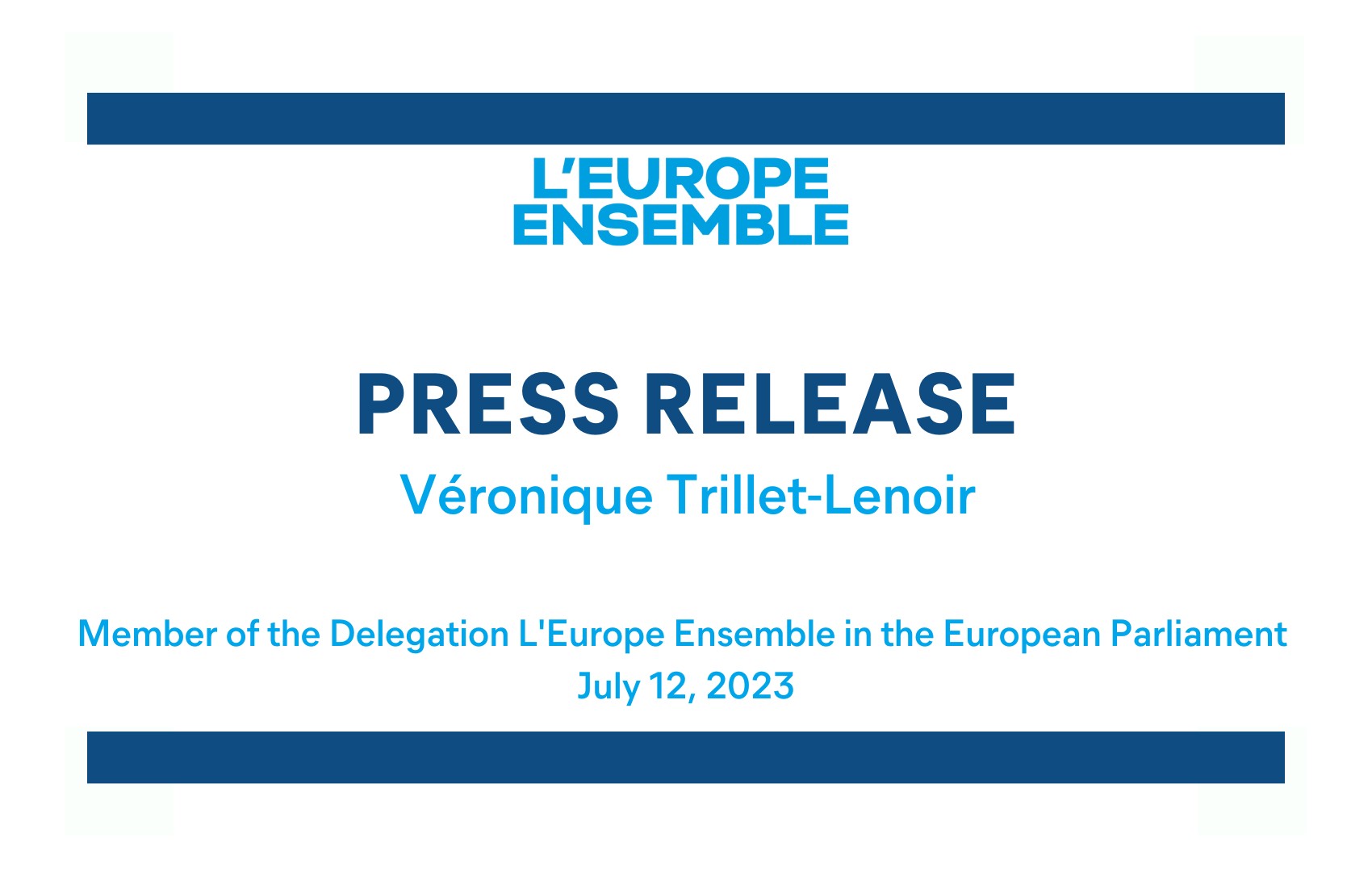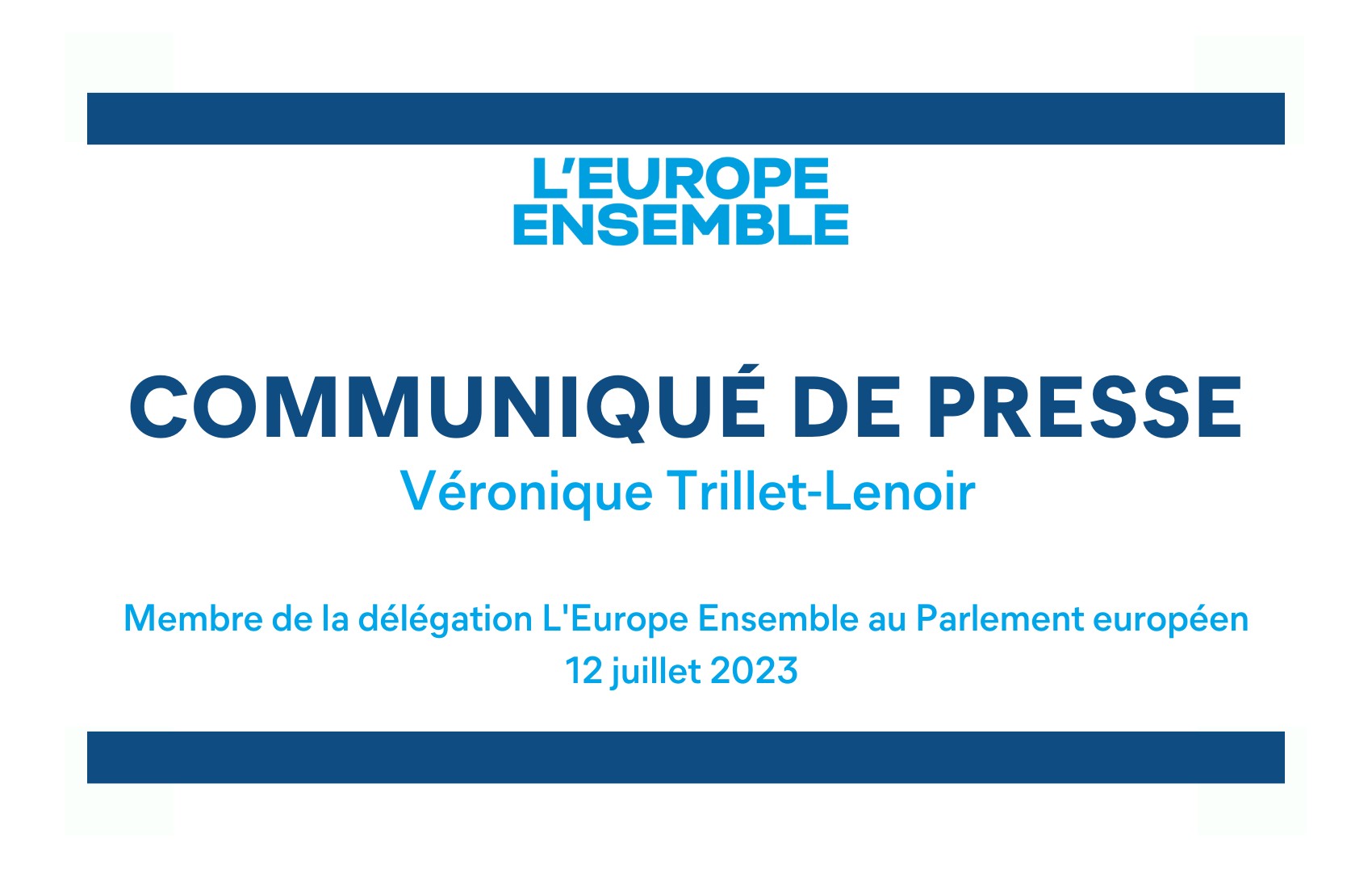Actualités
The European Parliament draws lessons from the health crisis and makes recommendations for the future

This Wednesday 12 July, MEPs adopted the report of the Special Committee on the COVID-19 pandemic, which aims to draw lessons from the crisis, based on hearings with experts, and to make recommendations for the future.
With this text, the European Parliament underlines the importance of strengthening the European Union's prevention, preparedness and response to future health crises, and of increasing strategic autonomy in key sectors in the event of a socio-economic crisis.
The report also makes several recommendations, based on 4 pillars of action:
- Health pillar: investing massively in the European healthcare sector, guaranteeing full transparency in the negotiation of contracts linked to joint purchases of medical products, facilitating the training of healthcare professionals in the prevention, preparation and response to health crises, and re-establishing the European pharmaceutical sovereignty.
- Democracy and fundamental rights pillar: developing strategies to combat domestic violence, guaranteeing respect for the fundamental rights of children and young people, supporting vulnerable populations and minorities during health crises, strengthening democratic control and the role of the European Parliament during emergency situations.
- Socio-economic pillar: strengthening dialogue with social partners during crises, maintaining freedom of movement as far as possible during future crises, keeping schools open if the epidemiological situation allows, ensuring the protection of mental health, integrating the gender perspective into all policies.
- The EU and the World pillar: promote the sharing of intellectual property and expertise in medical countermeasures, particularly during a pandemic, and support the creation of an International Agreement on Pandemics.
Based on the suggestion of the Renew Europe group, this report also calls for a European day of remembrance to honor the victims of the pandemic.
Last but not least, MEPs devoted a large part of their work to fighting conspiracy theories and fake news - propagated both on social media and within the Covid-19 special committee, then in amendments tabled in plenary by far-right MEPs. The pro-European groups have done their utmost to ensure that this report did not become a sounding board for false information, but rather a text underpinned by reliable information and science-based data.
Press contact: claudie.gilot@europarl.europa.eu


